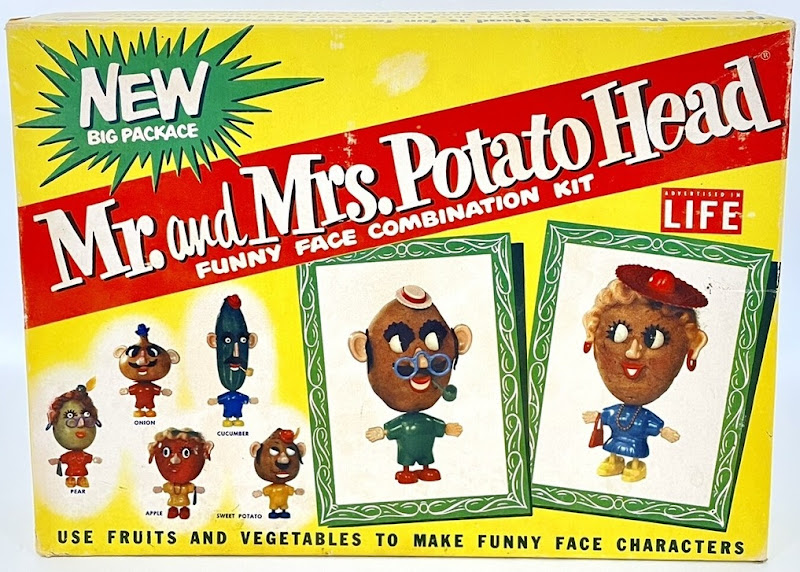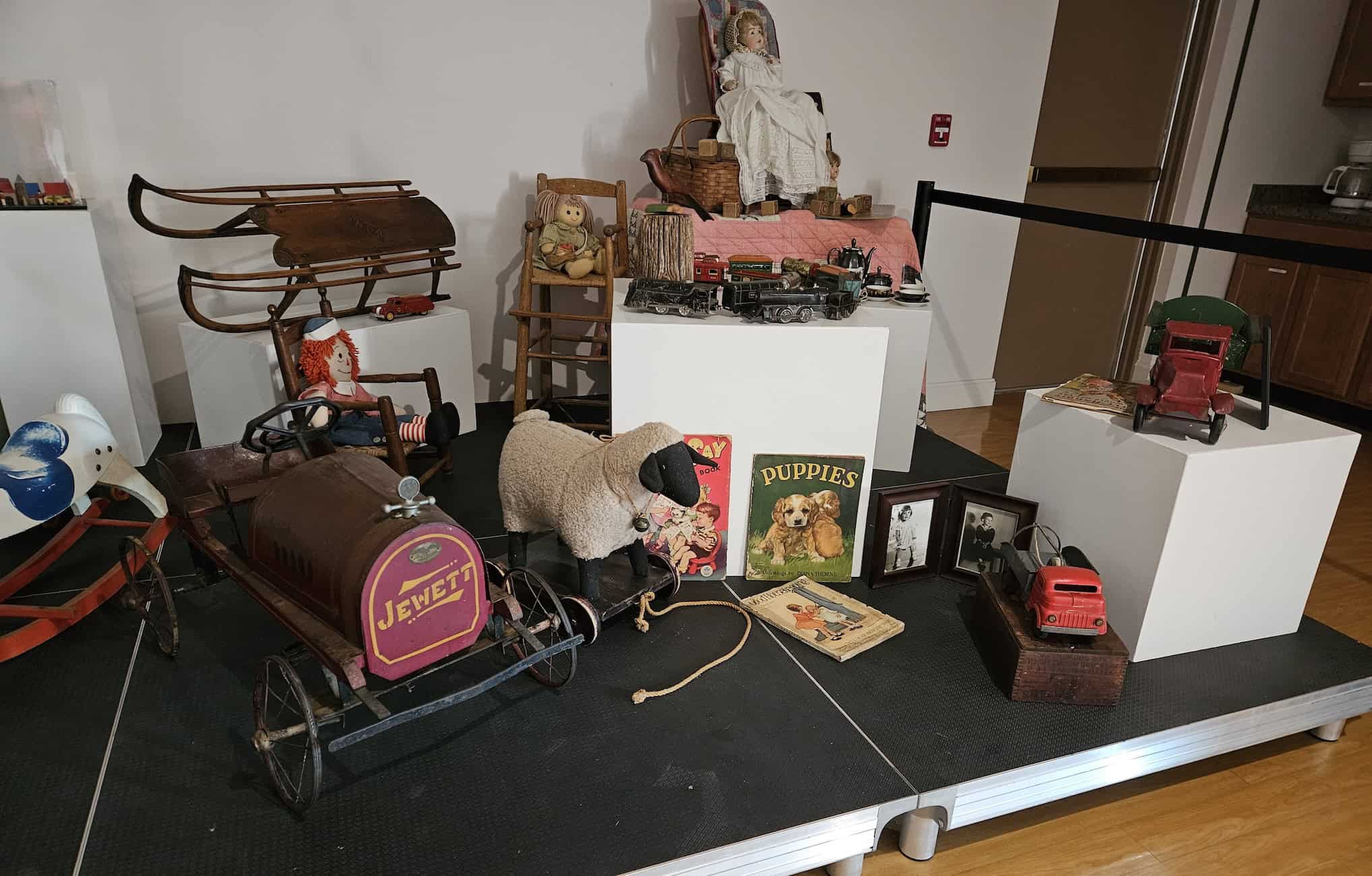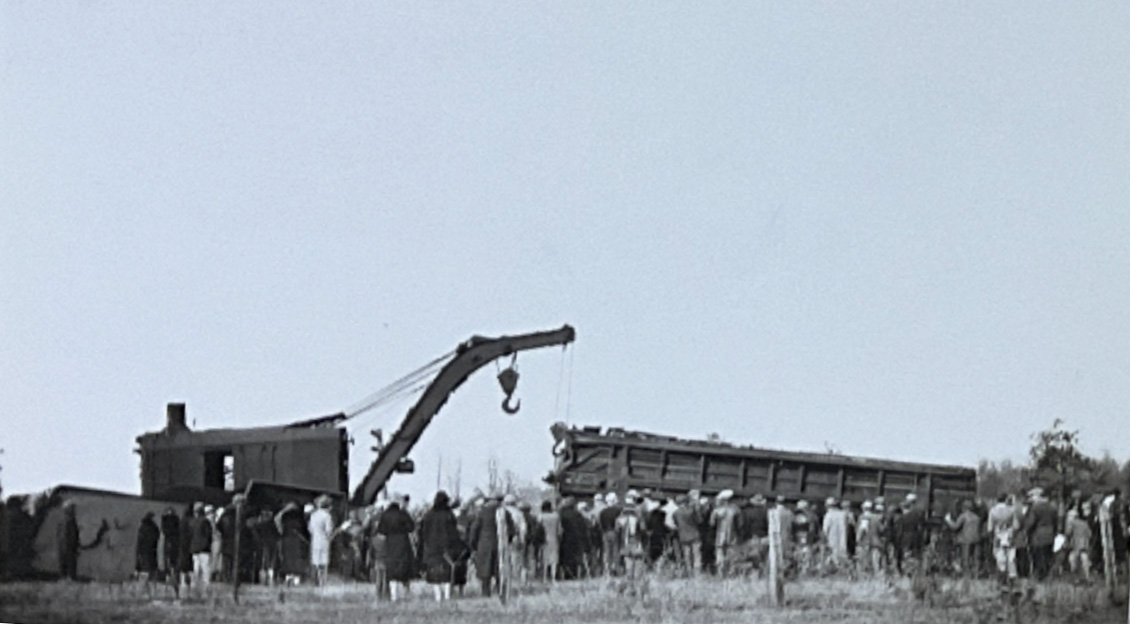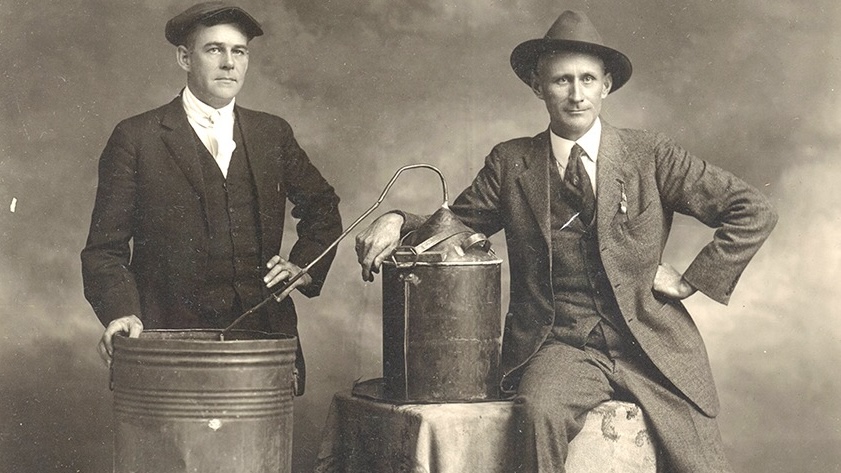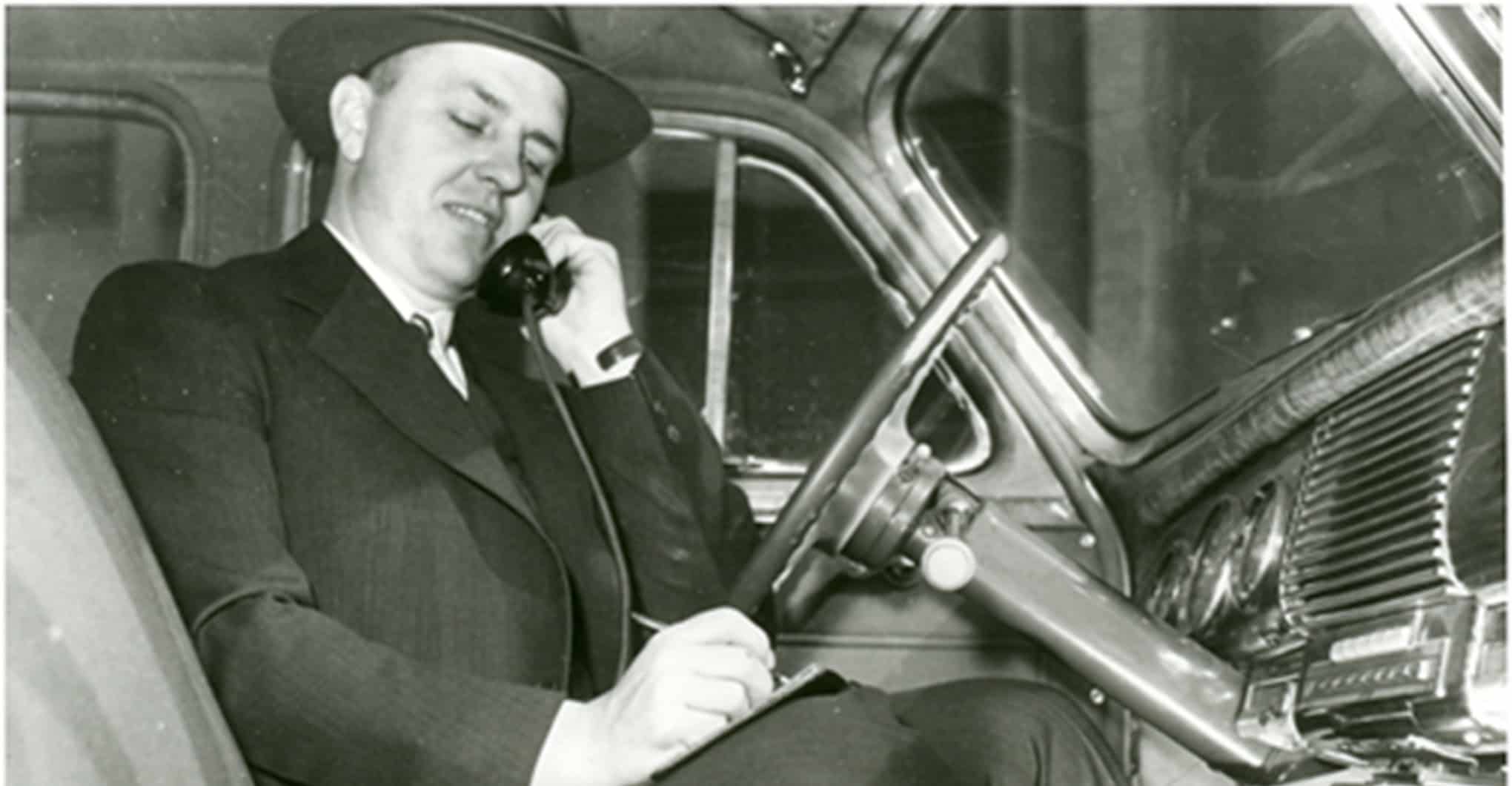The little provisions the settlers set out with on their journey west was soon gone. “The flour entirely. Very few had laid in any salted meat of any description, the season for venison was gone by. Turkeys scarce, beef and cattle there was none,” remembered Ichabod Nye. He, along with his brother Samuel, migrated to Ohio in 1807, some of the first settlers to make the overland journey into the present-day Midwest. Thousands more frontier families would face the same harsh realities. They made the best of their experience, but more than a few wished they’d never made the journey west. When Gottfried Duden traveled along the Missouri River in the 1820s, his writings sparked almost mythical interest and inspired a generation of young Germans to travel to Missouri. Unlike white settlers of the American colonies like Ichabod Nye, those who followed in Duden’s footsteps sought refuge, not merely adventure, reinvention, and wealth. Among them were Carl Schurz, who fled political unrest in Germany and settled in St. Louis, where he wrote thought-provoking analysis of slavery and education reform. The Muench family came to Missouri and advocated for progressive farming practices. The Poeschel and Dierbergs established a hub for wine …
Read more

